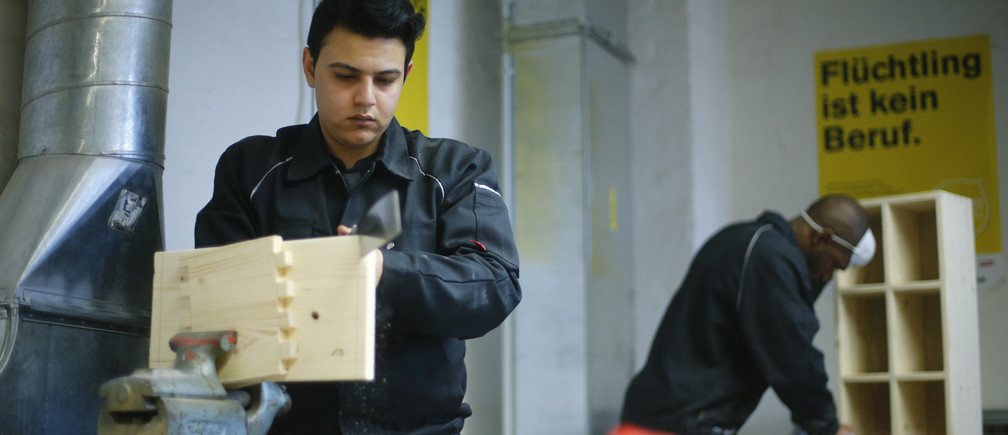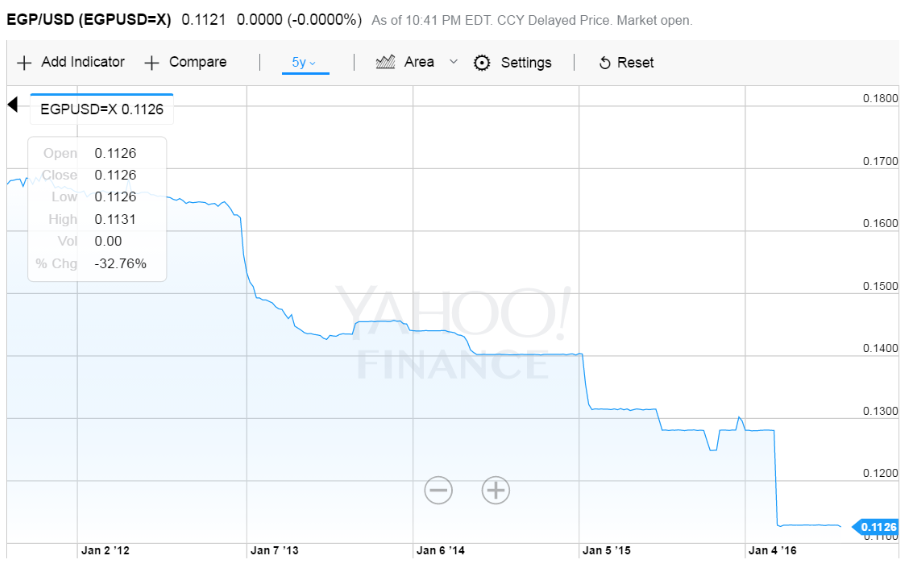I liked Carmen. She was a cool lady. She will be missed.
Originally published on Foreign Policy Transitions.

“You must be Esti’s grandson,” said one lady as she pinched my cheek. “Leave him be. He’s a guest,” responded Carmen Weinstein as she moved a tray of sandwiches under the sukkah.
The first time I spoke to Weinstein, who presided over the Jewish Community Council of Cairo until her passing last week, was when I called her out of the blue to ask if I could attend the celebration of Sukkot in Cairo. I had read about the week long holiday (and watched iconic film Ushpizin), so I thought I’d give it a try. After all, one of the main traditions is to give shelter to a visitor. “I am Muslim, I must point out.” But her only question was, “are you a journalist?” At the time, in 2008, I had never written for the press, and so she replied “you’re very welcome.” It was amusing to see that the only ones who objected to my attendance were the police guards posted by the entrance of the synagogue.
In the synagogue’s yard however, it was a much more relaxed ambience. There were mostly elderly ladies, some people with their children, and a few expatriates in need of a sukkah for the holidays. And yes, the cheek-pinching (is it a Jewish grandma quintessential thing to do?) did occur. There’s a reason for this — only a few dozen remain in the Egyptian Jewish community, which once numbered 80,000, and many of those are married to Muslims or Christians. So this Mohamed could very well have been Esti’s grandson.
When I interviewed Ms. Weinstein much later, she called to thank me, because I “had written what she had said, no more and no less.” Her experience with the media hadn’t always been positive — journalists almost regularly mangled her quotes, and at times completely made up stories. As such, she was reasonably wary of the press and maintained a low profile.
As the president of the Cairo Jewish Community Council (JCC), Carmen fought for the recognition of the Egyptian Jewish community. Tasked with ensuring the continued existence of Judaism’s past, present, and future in the land of Moses, she had the incredibly difficult task of representing (primarily vis-à-vis her co-citizens and government) Egyptian citizens regularly accused of foreign agency without falling in the trap of engaging her detractors and accusers. She knew well enough that the only way to win this game was not to play it; thereby shielding her community from local and external attacks.
As such, beside caring for her community and guests, she regularly had to juggle the omnipresent Egyptian State Security concerns, overzealous foreign guests bent on showing support when she didn’t need it, the fanfare of U.S. ambassadors who regularly attended the religious celebrations, Israeli embassy staff (who even when they are there on a personal capacity are still a potential source of public tension), foreign organizations keen on robbing away what’s left of the Egyptian Jewish heritage for “safekeeping” in Brooklyn or elsewhere, and various unscrupulous lawyers attempting to put their hands on buildings and temples belonging to the JCC. She did it all with an unflinching grace that would come to be her trademark.
Weinstein’s lobbying allowed for the registration of several Jewish temples as national antiquities, thereby preventing their sale, but also getting the Ministry of State for Antiquities to include them in its plan for the restoration of national monuments. One of her key accomplishments was overseeing the restoration of the Mosheh Ben Maimon (Maimonides) synagogue in Cairo, which ended in 2010. On that occasion, Ms. Weinstein and the Jewish Community Council put together an opportunity for Egyptian Jews who had left the country over the previous decades to visit the Maimonides synagogue as well as many other temples normally sealed to the public. She saved me an invitation, again in personal capacity. As I toured the Bassatine cemetery — the second oldest Jewish cemetery still in use worldwide — alongside people visiting their parents’ and grandparents’ tombstones for the first time in half a century, I listened to stories of their childhood best friends in the streets of Cairo and Alexandria. I was privileged to gain a glimpse into the lives of a nearly-invisible Egyptian community, which whether at home or abroad, still exists. Apart from the romanticism of a “happy together” past, it was and remains an important part of our history.
I’ve read many obituaries over the past few days which described Carmen as the Iron Lady. Perhaps she was in many respects; I always saw this as a necessary trait for her duties. Her trust was not easily earned, but she was always honest and open, very friendly when at ease, and always willing to share a laugh.
So what next for the Cairene Jewish community? As I attended Carmen’s funeral this week in Cairo, I saw the cemetery in worse shape than I had last in 2010. Sewage had crawled over a larger section of the cemetery — so much that Weinstein’s family section was inaccessible, and she had to be buried on the other side of the cemetery. Brick buildings were encroaching on the tombs, and stray dogs roamed unimpeded.
New leadership for the Jewish Community Council has been elected, in the face of Magda S. Haroun, who will be shouldered by her sister Nadia — both daughters of iconic Egyptian socialist and humanist figure Shehata Haroun. Two decades younger than her predecessor, Magda gave a speech at Ms. Weinstein’s funeral that seemed to set the path for more openness with the rest of the Egyptian society, while maintaining the necessary emphasis on safeguarding Egyptian Jewish history.
There is some renewed interest in the history of Egyptian Jews, as signified by the popular interest in a documentary currently playing in Egyptian cinemas (in my book it gets an A for effort and a D for research and cinematography, but might be worth watching anyway).
In the midst of the political mess Egypt is going through, this is one transition I am actually looking forward to observing.
Goodbye, Carmen Weinstein. You will be greatly missed.



